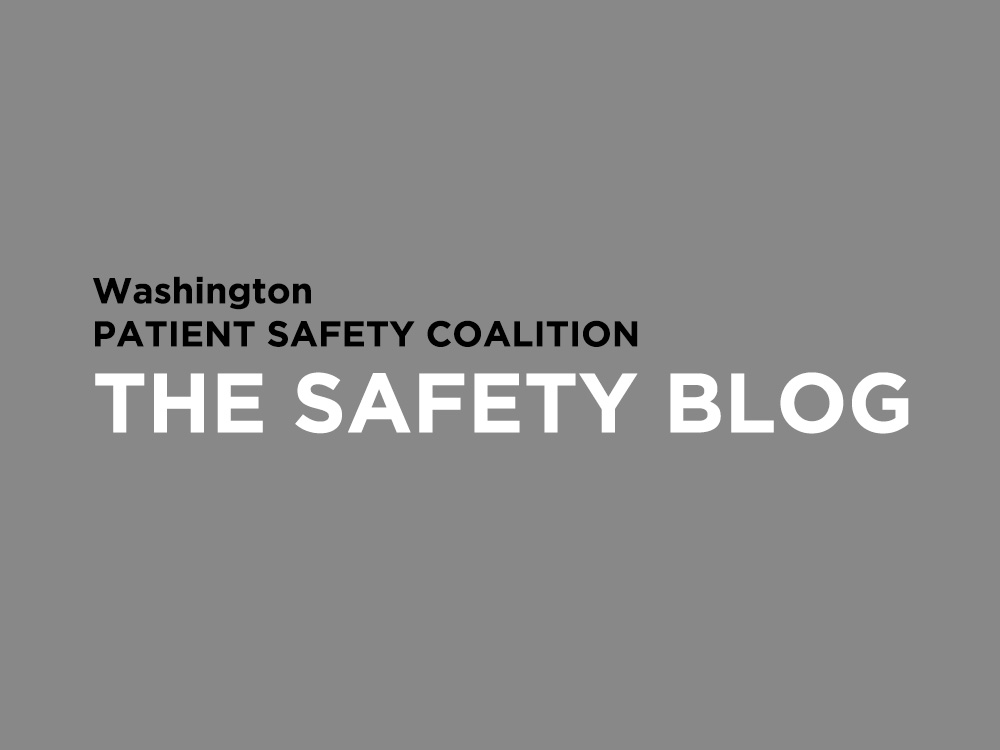- FHCQ Foundation for Health Care Quality
- COAP Care Outcomes Assessment Program
- Spine COAP Care Outcomes Assessment Program
- SCOAP Care Outcomes Assessment Program
- OBCOAP Care Outcomes Assessment Program
- CBDR
- Smooth Transitions
- WPSC Patient Safety Coalition
- Bree Collaborative Bree Collaborative
- Health Equity Health Equity
- Admin Simp
- Contact Us
You’re In…….But what about them?

You’re In…….But what about them?

It is pretty clear that the leaders of our organizations are in on the latest healthcare issues, such as the electronic healthcare record and meaningful use, healthcare reform, reimbursement issues and accountable care organizations. There are usually meetings daily that cover those key issues that will impact the future of hospitals in the state.
Have you thought about your front line staff? How are they learning about the changes coming down the pike? The media does not always depict the truth. The frontline staff are like the soldiers in an army: they are caring for each other, following orders from those in command, and fighting the battles for our patients and for the success of the organization. For those visual learners like me, imagine if the sergeant met with his superiors and discussed the strategic plan for the battle against the enemy and didn’t get his troops together to communicate it. There would be uncertainty, instability, rumors, anxiety, and some fear perhaps. There may be some that “run off” and abandon ship because the grass looks greener and this ship looks like it may go down anytime. Everybody suffers when a team falls apart.
As a nurse I am aware that when you have anxiety and added stress that accumulates over time, you get sick and/or have symptoms of burnout. With all that is going on at the moment, don’t be surprised if you have retention issues, increased absences, and a higher number of patient safety incidents.
As a leader and captain in your organization, it is critical that you address these changes with your staff on the front lines. Think of ways to diminish the added anxiety. Find out what they know–provide them with a FAQ sheet specific to the happenings within your organization. Establish truths and stamp out rumors. Be honest. You may not have all the answers, but as you learn more you will let them know more.
Establish a channel of communication. Engage one unit champion to be the messenger if you can’t reach all the staff each shift. I wouldn’t encourage email blasts either. As much as possible, staff need to see you as their leader and should have a face-to-face encounter to ask questions.
Can you picture the troops checking email to find out the next actions for battle?
A sergeant cares for his wounded; he knows he cannot fight the battle alone. His goal is “to bring ‘em all home.”
Don’t leave the front line out in the cold- we are all IN this together.
Nicola Heslip, RN, BSN, CPHQ, LNC, CPSO President at Turning Point Healthcare Consulting, LLC Thoughts to share with Nicola? We will forward them to her.
Recent Posts
- TakeCharge This Patient Safety Awareness Week: 5 Steps to Safer Healthcare
- Stigma & Bias in Healthcare: The Obstacles, Consequences and Changes Needed
- Agility in Crisis: How The Everett Clinic responded to COVID-19
- Collaboration over Competition: How Pediatric Hospitals Can Thrive When They Work Together
- Reducing Stress for Health Professionals During the COVID-19 Pandemic

